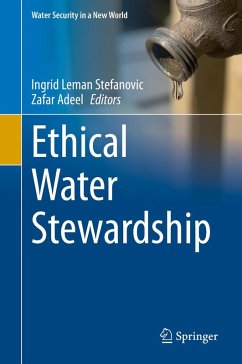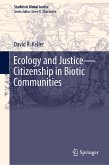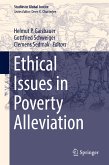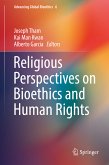Water security, which pertains to the experience of assured access to clean water, is a broad concept that intersects human rights, politics, economics, law, legislation, public health, trade, agriculture, and energy. Decisions made at each of these intersection points have ramifications for human well being, especially for the populations that are marginalized in a societal and political sense. In this book, the ethical dimensions of decision-making at those intersection points are explored, and real-world examples are used to tease out some key insights. It charts how ethical consideration can help shape a future in which everyone will be water secure.
Dieser Download kann aus rechtlichen Gründen nur mit Rechnungsadresse in A, B, BG, CY, CZ, D, DK, EW, E, FIN, F, GR, HR, H, IRL, I, LT, L, LR, M, NL, PL, P, R, S, SLO, SK ausgeliefert werden.









